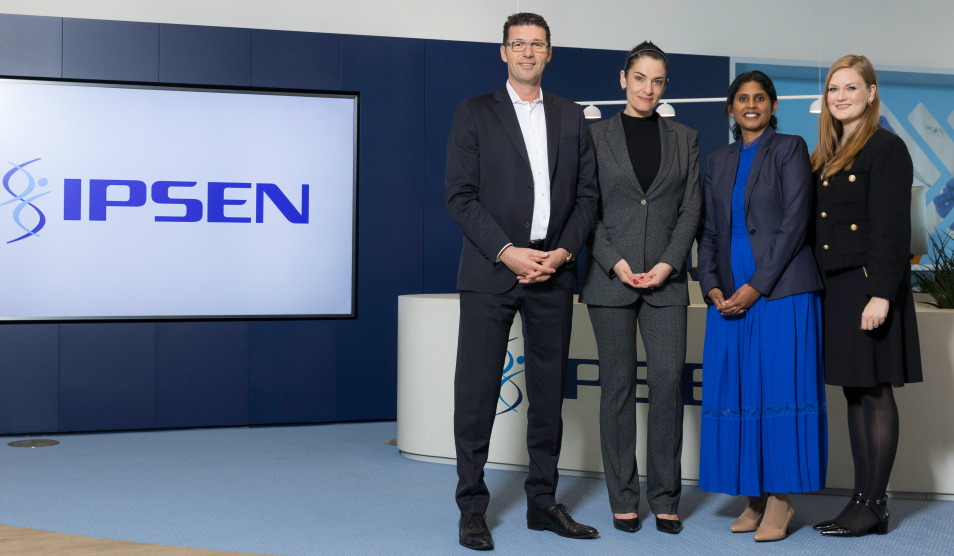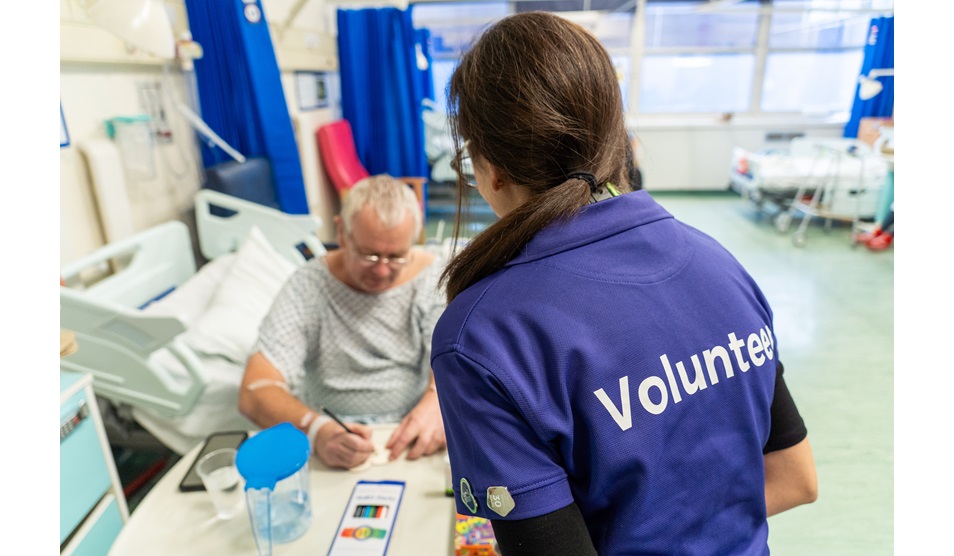Trust pilots remote monitoring for heart failure patients
Imperial College Healthcare NHS Trust is working with a remote healthcare provider to pilot an at-home monitoring system that it is hoped could provide additional support for patients with heart failure, improving outcomes and reducing the need to come to hospital.
The remote monitoring platform, provided by healthcare technology company Luscii, allows patients to take charge of their healthcare and input important health data such as their weight, blood pressure and heart rate on a daily basis, providing their clinical team with instant access to this information. Doctors and heart failure nurses can monitor for any concerning changes, with the platform also flagging up early signs of patient deterioration using an AI-powered ‘clinical engine’.
During the pilot, which has been supported by NHSX and also through Imperial College Health Partners’ Discover-NOW hub, the Luscii platform is being offered to patients with heart failure who may have previously needed multiple, in-person hospital visits over the course of 2-3 months of their treatment. The pilot is the latest pathway in the Connected Care Programme -iCareConnect - in North West London. These co-ordinated pathways aim to deliver better care that is easier for the patient and more cost-effective.
According to Dr Carla Plymen, Cardiology Consultant & Heart Failure Lead, Imperial College Healthcare NHS Trust, “Until we deployed Luscii, patients with heart failure needing advice, guidance, checking of vitals and medication from our specialist nurses could only be seen in person. For some, the need for regular hospital visits can be challenging and, during the pandemic, it has also been important to keep hospital visits to a minimum for the safety of patients.”
According to the British Society for Heart failure, nearly 1 million people in the UK have heart failure. This makes the condition as prevalent as the four most common cancers combined. It is considered to be as malignant as some of the most common cancers but can respond well with the right treatment.
Medication for patients with heart failure is personalised based on the patient’s health. Usually, patients will come to hospital for these measurements, with 2-4 weeks between appointments. Luscii’s platform allows data to be gathered and monitored daily, alongside regular virtual and telephone appointments and face to face clinics whenever required. By gathering this data, tweaks to medications can be made as soon as possible, meaning earlier interventions and the potential to reduce unecessary admissions.
Previous research has suggested that remote monitoring for patients with heart disease could reduce hospital admissions, improve detection of patient deterioration, improve clinical efficiency and reduce outpatient visits.
Tom Cooper, Lead Cardiology Pharmacist at Imperial College Healthcare. “Being able to monitor the response to these medications remotely and view patient reported measurements is a valuable tool for pharmacists to optimise medications more efficiently whilst offering a more favourable experience for some patients.”
For Colin Wren, one of the very first heart failure patients to take part in remote monitoring, the move has had a profound effect on his care experience. He said: “After being on a ward where you are cared for round the clock, the feeling that you have specialists constantly monitoring your health after being discharged is immensely reassuring. I am amazed that this level of care is able to be offered. Measuring and submitting my vitals has now become just a normal part of my day. I find the whole experience a welcome safety blanket.”
Commenting on the benefit for patients, Dr Plymen said: “Our ability to monitor and consistently engage with patients through this technology is one that I can already see will have significant benefits to patients and those of us charged with their care. Having daily vitals data and regular questionnaires come directly from each patient at home, offers us a far better chance of detecting early symptoms of deteriorating health which we can act on. Likewise, having advice and guidance that’s easily accessible by patients at home via the app facilitates improved self-care and increases quality of life.”



